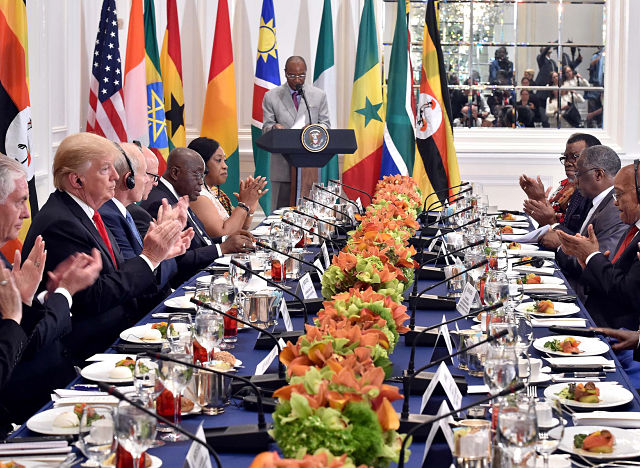The Nigerian Ministry of Women Affairs and Social Development, established in 1995, embodies the nation’s commitment to women’s empowerment and social well-being. Since its inception, the Ministry has been led by various women, each playing a crucial role in shaping policies and programs that impact the lives of millions. Uju Kennedy-Ohanenye’s recent appointment as Minister in 2023 adds a new chapter to this ongoing chronicle.
Lynda Ojo (1999-2000): The first Minister, Ojo, laid the foundation for the Ministry’s focus on women’s empowerment and gender equality. She established the Department of Women’s Development and initiated programs like the National Economic Empowerment and Development Strategy for Women.
Pauline Kokoriko (2000-2003): Continued the focus on economic empowerment, establishing the National Women’s Economic Empowerment Committee and advocating for microcredit schemes for women-led businesses.
Aisha Al-Hassan (2003-2007): Al-Hassan oversaw the passage of the landmark National Gender Policy in 2006, a significant step towards achieving gender equality in Nigeria. She also established the National Center for Women’s Development.
Fatima Balewa Giwa-Dada (2007-2008): Focused on girl-child education and women’s health, launching the “Back to School” program to encourage girls’ return to education after childbirth and promoting maternal healthcare initiatives.
Nenadi Usman (2008-2010): Continued the emphasis on girl-child education, establishing the “Education for All” program and advocating for increased access to education for girls in rural areas.
Hajia Zainab Maina (2010-2015): Broadened the Ministry’s scope to include social development, focusing on issues like child welfare, poverty alleviation, and disability rights. She established the National Agency for the Prohibition of Trafficking in Persons (NAPTIP) to combat human trafficking.
Aisha Alhassan (2015-2016): Returned for a second term, facing the challenges of the Boko Haram insurgency and its impact on women and children. She implemented programs supporting internally displaced persons (IDPs) and advocated for the inclusion of women in peacebuilding efforts.
Binta Ayo Fayomi (2016-2019): Focused on economic empowerment and social inclusion, launching the National Social Investment Programme (NSIP) which included initiatives like the Government Enterprise and Empowerment Programme (GEEP) targeting women-owned businesses.
Pauline Tallen (2019-2023): Continued addressing the impact of the insurgency on women and children, while also advocating for women’s participation in politics and decision-making. She established the Committee on Gender-Based Violence (GBV) and championed the passage of the Violence Against Persons Prohibition (VAPP) Act in 2020.
Uju Kennedy-Ohanenye: Taking the Mantle in a New Era (2023-Present)
Uju Kennedy-Ohanenye’s appointment in 2023 marks a new chapter in the Ministry’s history. As a lawyer, entrepreneur, and advocate for women’s rights, she brings a unique perspective and a commitment to advocate for economic empowerment for women, combating gender-based violence, and promoting social inclusion, focusing on financial resources, skills development, and market opportunities for women-led businesses.
The Road Ahead: Challenges and Opportunities
Despite the progress made, significant challenges remain. Gender inequality persists in various spheres, including education, employment, and political participation. Addressing these issues requires sustained efforts, collaboration across various stakeholders, and effective implementation of policies and programs.
Uju Kennedy-Ohanenye’s tenure presents an opportunity to build upon the achievements of her predecessors and address emerging challenges. Her ability to leverage her experience, forge strategic partnerships, and advocate for critical reforms will be crucial in shaping the future of women and social development in Nigeria.
The Ministry of Women’s Affairs and Social Development serves as a testament to Nigeria’s commitment to ensuring gender equality and promoting the well-being of its citizens. As Uju Kennedy-Ohanenye takes the helm, the chronicle continues. While the road ahead presents formidable challenges, her past achievements and commitment to key issues offer a glimmer of hope. Whether she can effectively address these complexities and propel the Ministry toward achieving its goals will depend on her ability to adapt, collaborate, and champion impactful policies. The future of women and social development in Nigeria hinges on her leadership and the collective efforts of all stakeholders.


